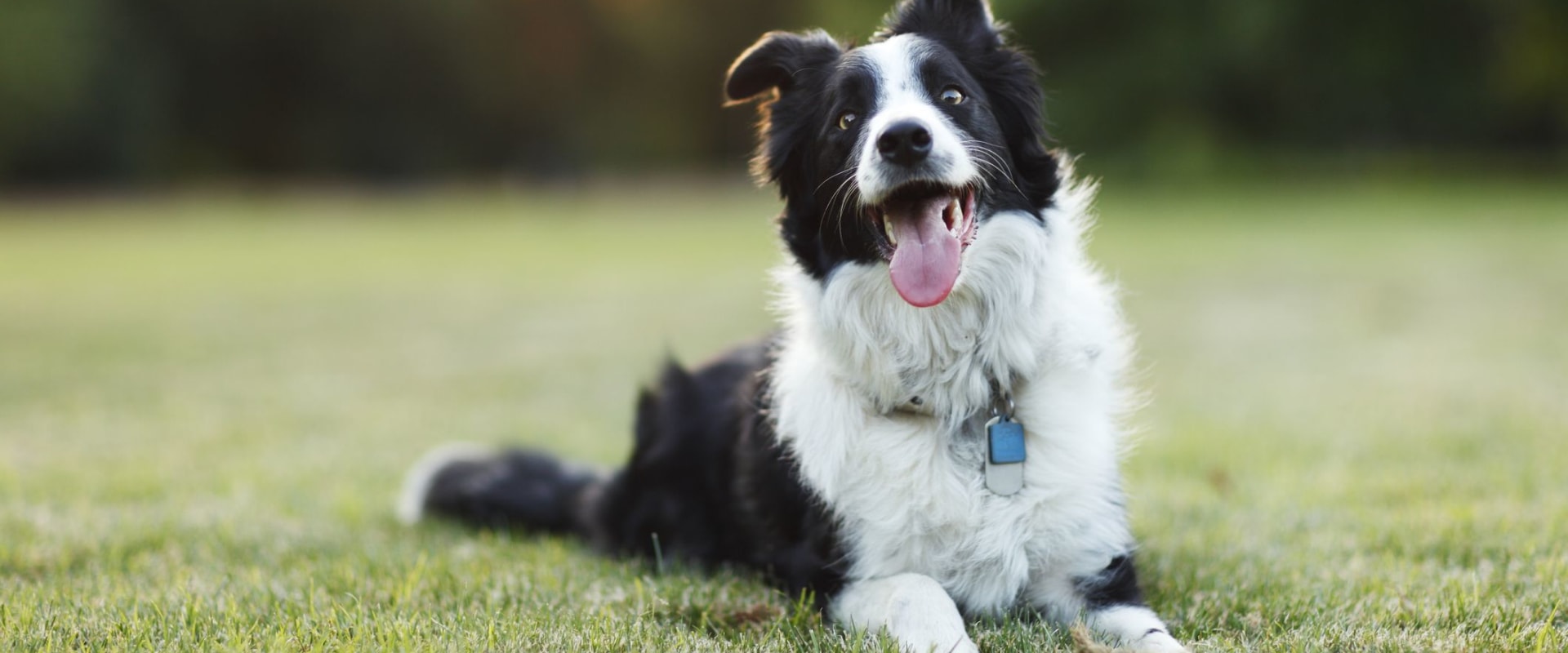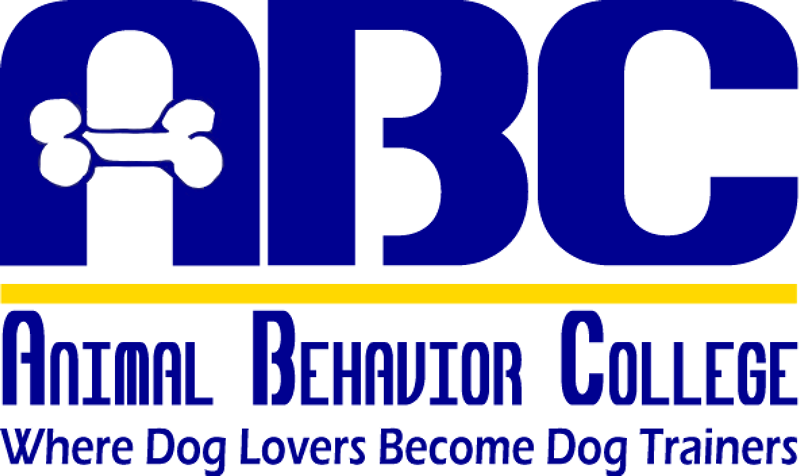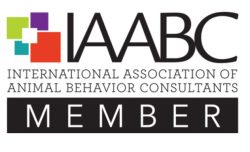Cognitive Dog Training: Scientific approach that engages the brain!
Training plans that are based on brain cognition have the best and long lasting results.

Why teaching obedience commands alone doesn’t help changing the dog’s behavior?
Obedience training that only focuses on teaching your dog commands to follow and execute is an outdated and insufficient method that doesn’t take your dog beyond than just that. Without engaging the brain, commands like sit, down, stay or leave it may not be much of a help when your dog encounters a challenge. There are many dogs that know all these commands very well at home but still struggle controlling their behavior in different social settings, when greeting other people or walking through a crowd, noisy kids or other dogs.
Your dog is not a robot! They have needs and emotions!
Saying a command and expecting your dog to execute a behavior is similar to pushing a button to open your garage door, a car window or turning your Alexa off. You must remember your dog is a being just like you. They have their own brain, needs, feelings, wants and instincts. Like you and me, there behavior is a result of these things. By-passing the needs and desires your dog has, creates frustration and disappointment that further develops problem behaviors. As a result, we have an unhappy dog and an unhappy owner.
Moreover, obedience commands will not change your dog’s behavior, they will not elevate social stress or anxiety, they will not fix reactivity or aggression, they will not help with excessive barking or lunging and pulling. That’s where cognitive training needs to come in.
For this reason, we train your dog though cognitive engagement. That means our training engages the dog’s brain. This gives the dog the freedom to make the right decision without suppressing his needs, going against his instincts or punishing him for behaving as it is normal for an animal but not for humans. Instead, we channel all these in the right direction.
What is cognitive training?

Cognition refers to the dog’s mental process of acquiring information and skills and storing them in their memory, retrieving, combining and using them in new situations.
That means we challenge your dog to use critical thinking. They learn to observe, analyze and as a result, to behave in a certain way in a given environment. We also work on dog’s perception regarding the things around him.
For the same reasons mentioned before, electronic collar should not be used. Imagine if your spouse, partner or friend will try to communicate to you by sending you electronic pulses instead of using the natural way of human communication. Remember your dog is not a robot, they have needs just like you do.
Using cognitive training, your dog will engage in a mental activity that will change his behavior. They will learn what to do in certain situations, settings, etc. without having someone to repeat commands over and over.
What do we train using cognitive training?

- Puppy and adult social skills
- Public manners and Polite Greeting
- Impulse control at home, while on the leash or out and about
- All other behavior problems
Training plans based on brain cognition have the best long lasting results.
Most common Problem Behaviors we fixed using the brain cognition protocol:
- stress, fear and/or anxiety
- leash reactivity/lunging
- aggression, resource guarding
- leash pulling
- lack of focus/attention
- jumping
Never use punishments to fix these behaviors. It will make the situations worse. Dogs behave in a certain way because there is a need behind it. More over, dogs’ behaviors are never random or out of spite, in reality they are trying to communicate. You should not punish a dog for trying to communicate to you. You are their parent and their provider. We encourage instead to be there for your dog and learn what your dog is trying to tell you.
For these reasons, we don’t recommend nor endorse e-collars or any electronic devices to control a dog’s behavior. These as well are a form of positive punishment. They will suppress the dog’s emotions and needs and generate deeper problems that will later come out when you least expect it.
“Dog Training Requires Respecting the Deep Emotional Lives of Dogs“ is an interesting article that talks more about a dog’s emotional needs.
For more on our Dog and Puppy Training click HERE.
If you need Help, please give us a Call, don’t keep struggling.






